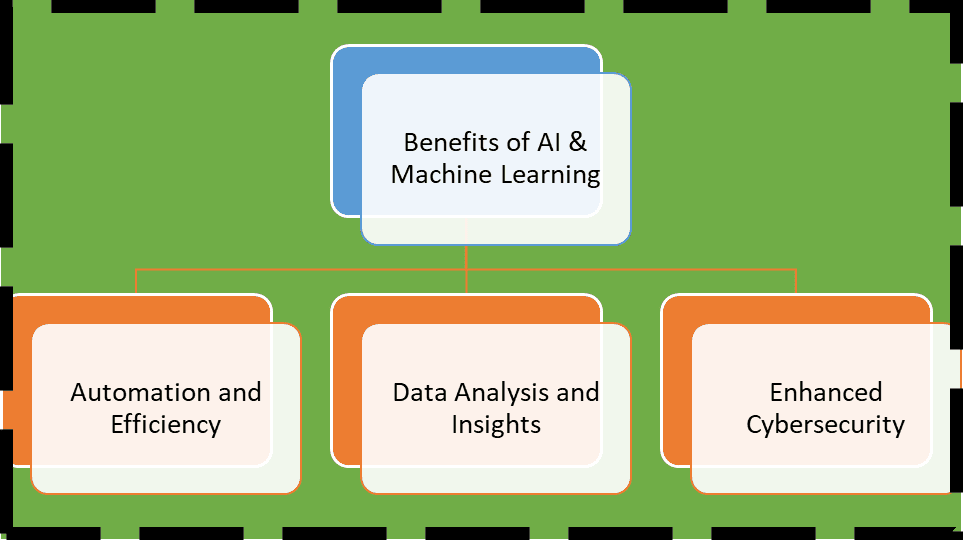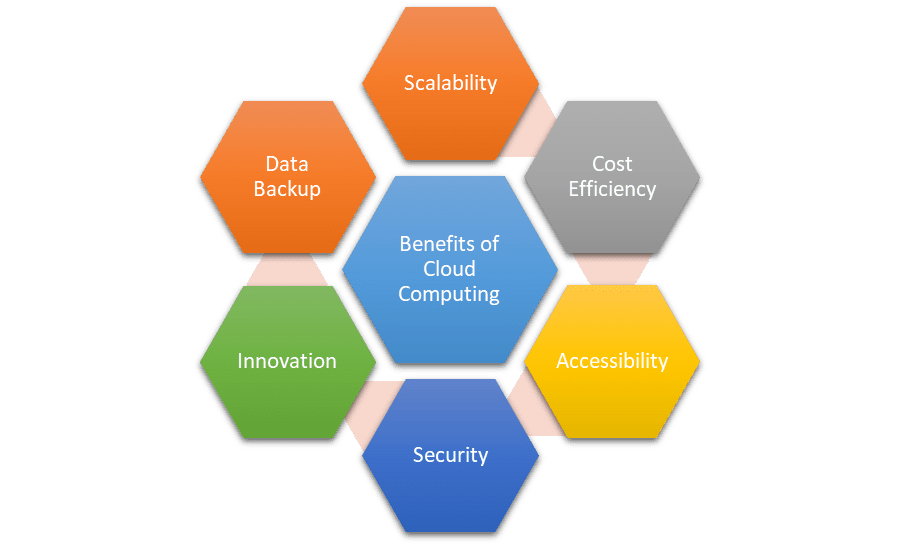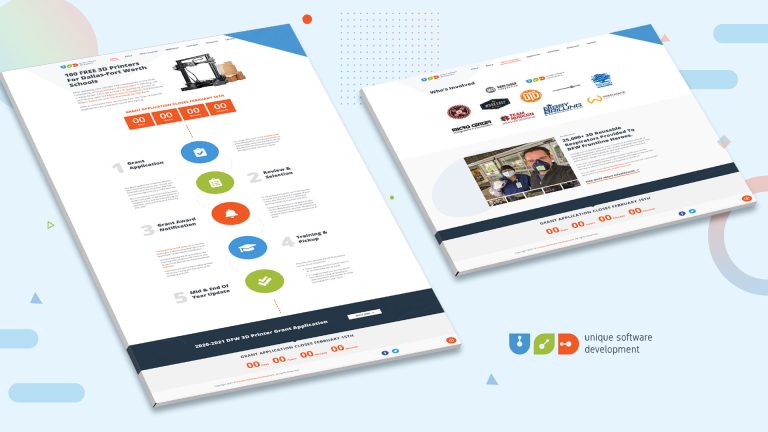Table of Contents
ToggleUnique software development trends help businesses stay competitive, enhance efficiency, and leverage emerging technologies to drive growth and innovation. By keeping abreast of the latest software development trends, businesses can gain a competitive edge. They can adopt new methodologies, tools, and practices that improve their development processes and outcomes. These trends often allow businesses to streamline operations, automate tasks, and optimize their software solutions.
Moreover, staying updated with software development trends allows businesses to meet evolving customer expectations. As technology advances and user preferences change, trends like mobile app development, user experience (UX) design, and personalized software experiences help companies deliver products and services that align with customer needs and preferences. In this article, we will provide top-notch trends that will help you transform your business strategies in the most effective manner.
1. Artificial Intelligence & Machine Learning
According to IDC, worldwide spending on AI-focused systems will cross 300 billion dollars by 2026. Artificial intelligence, empowered by machine learning, deep learning, and speech recognition, can benefit businesses in many ways.

- Artificial intelligence and machine learning can automate repetitive business tasks that are time-consuming.
- The accurate algorithms in AI and machine learning help in analyzing vast amounts of data quickly.
- AI and machine learning can help in detecting and responding to cyber threats in real time, identify anomalous patterns in network traffic, and strengthen overall security posture.
1. Cloud Computing
Cloud computing is currently one of the most prominent trends in the software development industry. Among the most popular cloud systems, Amazon Web Services, Microsoft Azure, and Google Cloud Platform enable developers to experiment quickly and shorten development cycles.
It involves the utilization of remote servers to store, manage, and process data, providing businesses with numerous benefits. Here are some key advantages of cloud computing for businesses:

· Scalability
Cloud computing allows businesses to easily scale their resources up or down according to their needs. This flexibility ensures that companies can efficiently manage their computing power, storage, and bandwidth requirements as they grow or experience fluctuations in demand.
· Cost Efficiency
With cloud computing, businesses can significantly reduce their upfront infrastructure costs. Instead of investing in expensive hardware and software, they can leverage cloud services on a pay-as-you-go basis, paying only for the resources they consume. This cost-effective model eliminates the need for excessive hardware maintenance and upgrades.
· Accessibility and Collaboration
Cloud computing enables remote access to data and applications from any location with an internet connection. This promotes collaboration and allows employees to work seamlessly across different devices and locations, increasing productivity and efficiency.
· Data Backup and Recovery
Cloud service providers offer robust data backup and recovery mechanisms, ensuring that businesses can quickly recover from data loss or system failures. Cloud-based backups provide an additional layer of protection against potential risks and help mitigate downtime.
· Security
Cloud computing providers prioritize security and invest heavily in implementing robust security measures. They employ encryption, access controls, and regular security audits to protect data from unauthorized access, ensuring high levels of data security for businesses.
· Innovation and Agility
It empowers businesses to innovate and deploy new applications and services quickly. It offers a flexible development environment, allowing developers to experiment, test, and release applications more rapidly, driving innovation and speeding up time-to-market.
· Business Continuity
Cloud computing reduces the risks associated with hardware failures, natural disasters, or other unforeseen events. By leveraging cloud infrastructure, businesses can ensure uninterrupted service availability, maintaining business continuity even in challenging situations.
1. JavaScript for Web Application Development
JavaScript has emerged as the latest custom web application development trend due to several key factors. However, a debate exists on Java vs. JavaScript for custom software development. Here’s why JavaScript is dominating the field and how this trend is assisting businesses:
- It empowers developers to add advanced features, animations, and interactivity to websites, resulting in a rich user experience. This trend helps businesses to engage users, attract attention, and provide a more immersive online presence.
- JavaScript is supported by all major web browsers, making it a reliable choice for cross-platform development. This compatibility ensures that web applications built using JavaScript can run smoothly on various devices and browsers.
- JavaScript has a vast ecosystem of frameworks and libraries such as React, Angular, and Vue.js. These frameworks offer pre-built components, modular architecture, and efficient development patterns.
2. Augmented Reality
Augmented reality (AR) is a top trend in software development because it provides new ways of interacting and experiencing our increasingly digital world. With the increasing shift of various aspects of our lives, including work, socializing, shopping, and entertainment, to the online realm, augmented reality offers the opportunity to engage with these experiences more profoundly. This technology enables us to collaborate more effectively with colleagues in digital spaces, enhancing our ability to work and interact in professional environments.
3. Blockchain Technology
While the crypto technology market experiences fluctuations, blockchain technology is steadily gaining popularity due to its numerous benefits. It has the potential to revolutionize various industries, including healthcare, finance, and more. Let’s explore some of the advantages it offers:
· Immutability
One of the key benefits of blockchain technology is its immutability. Once data is stored on the blockchain, it becomes practically impossible to alter or delete it. This feature ensures the integrity of the data and prevents unauthorized tampering within the network.
· Transparency
Blockchain operates on a decentralized network, providing a high level of transparency. Participants within the blockchain network have the ability to access and view any record stored on it. This transparency enhances trust and accountability within various business processes.
· Data Security
Blockchain technology employs end-to-end encryption to secure your data. This ensures that sensitive information remains protected and is only accessible to authorized parties. The cryptographic algorithms used in blockchain technology provide robust security measures.
· Traceability
Any changes made within the blockchain network are easily traceable. The decentralized nature of blockchain allows for transparent tracking of transactions and modifications. This traceability enhances auditability and provides a reliable source of truth for data records.
4. Low-Code Programming
Low-code development refers to the process of creating applications using visual interfaces without the need for extensive coding. Developers can drag and drop prebuilt components, with the underlying code generated automatically and editable as required. Initially, low-code development was primarily utilized on platform-as-a-service (PaaS) platforms that focused on specific software domains like customer relationship management (CRM). However, the landscape has evolved, and there are now low-code platforms available that enable the creation of applications for almost any purpose.

5. DevSecOps
The term DevSecOps means the collaboration of development, security, and operations. DevOps has been revolutionizing the software development lifecycle for years. However, security issues persisted. DevSecOps involves integrating security within the software development lifecycle. Since security is a major concern for businesses, DevSecOps is expected to grow tremendously.
DevSecOps is a modern approach to implementing security practices in the development process. Security teams no longer work only in later stages but join projects early on, assisting developers and testers in optimizing the safety of their operations from the very beginning.
Final Thoughts
The software development industry is dynamic and continuously evolving, introducing novel technologies and trends. This article explored several significant trends expected to impact software development’s future profoundly. These software development trends can help you grow your business.




























